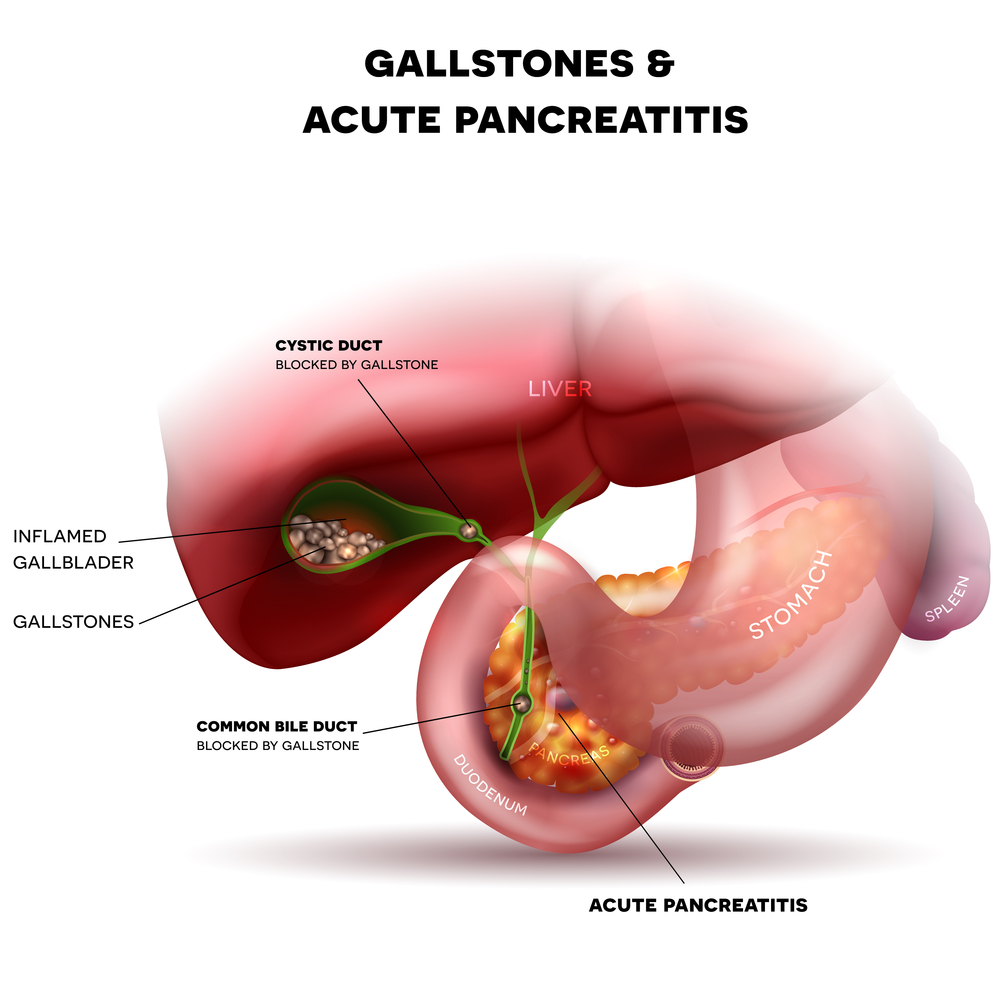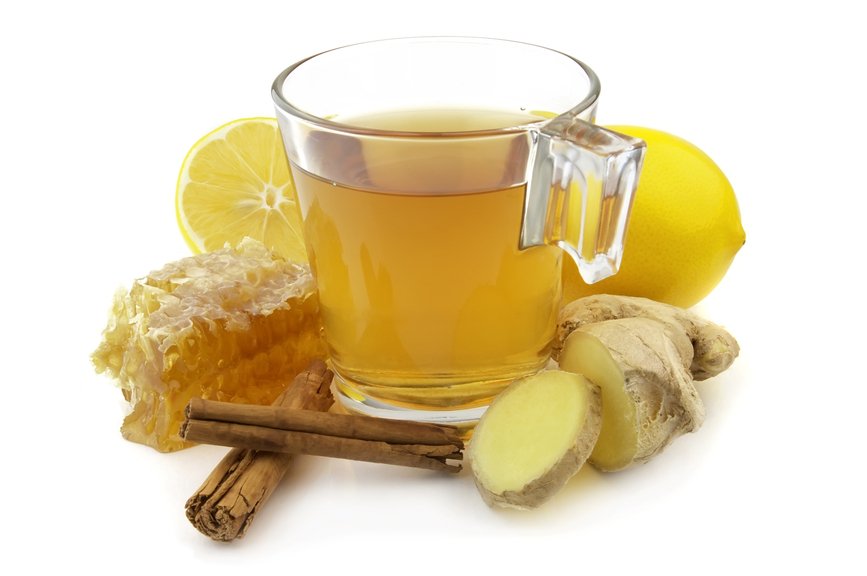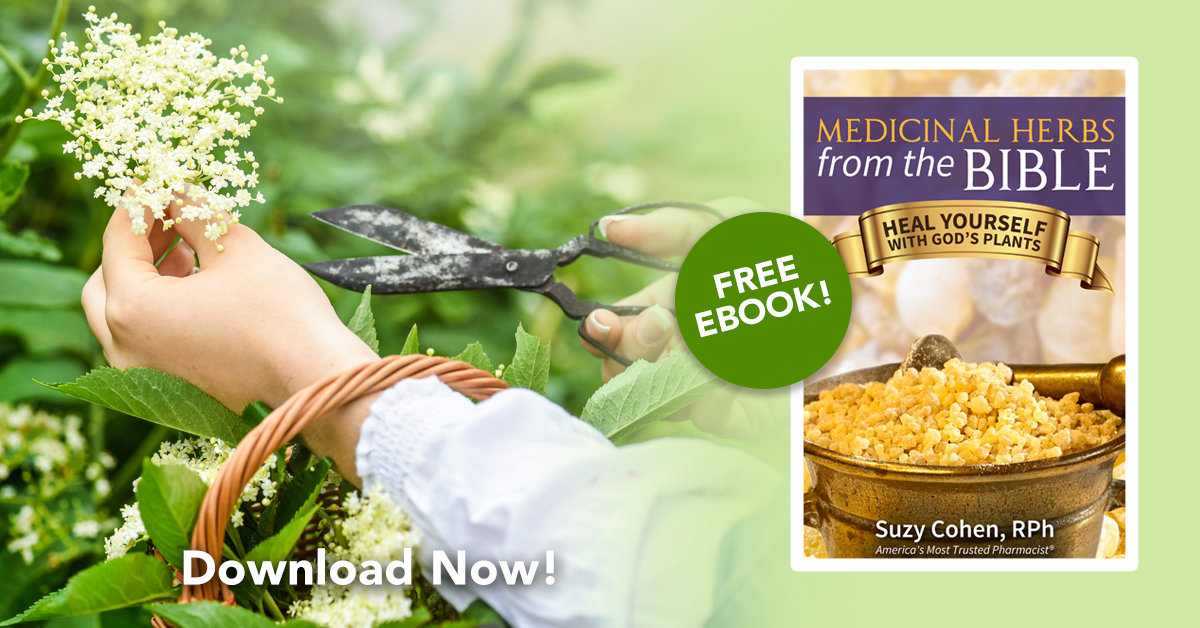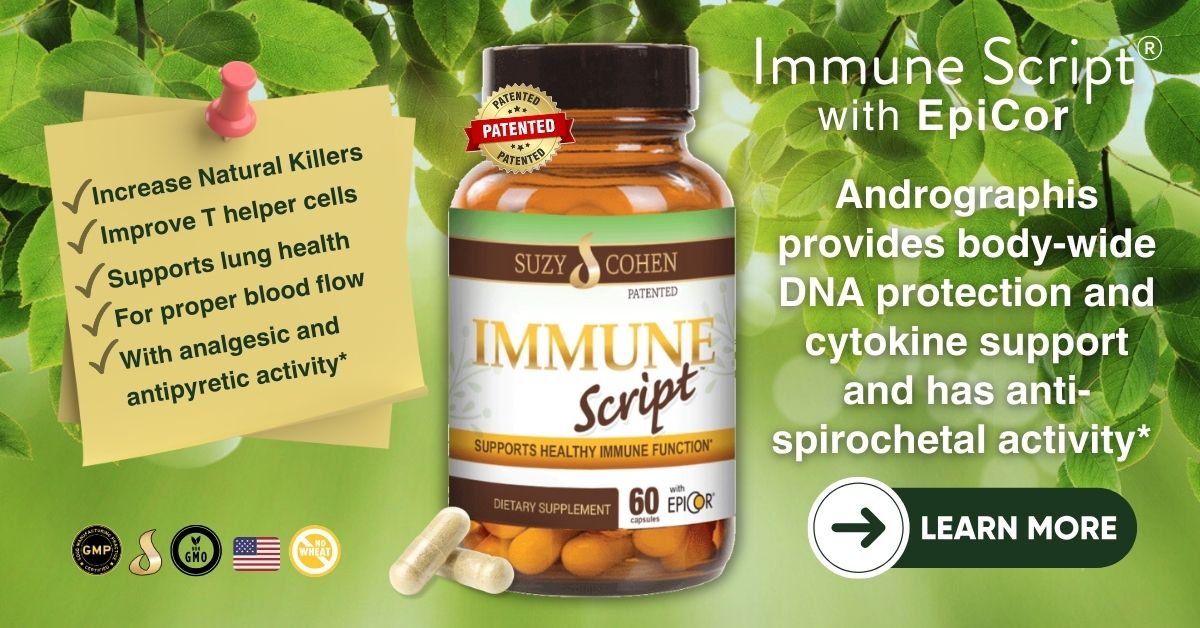What's On This Page?
ToggleIt’s such an unsexy thing, this gallbladder. The organd is about 3 inches long and 1.5 inches wide and you will never think about it your whole life until your right upper quadrant starts hurting, then and only then you’ll start googling “gallbladder.” The technical term for gallbladder inflammation is cholecystitis.
The gallbladder might not be a topic of daily conversation, but it’s an essential organ in your digestive system. This small, pear-shaped organ sits just beneath your liver, storing and concentrating bile—a digestive enzyme produced by the liver. Your liver makes bile which goes to your gallbladder where it’s concentrated to become stronger, like 5 times stronger! It sits there in storage until you eat something fatty and then it is secreted to break down the food.
But it’s slightly more complicated than that, and I’d like to elaborate for a moment before I tell you what natural remedies might help you prevent problems.
Why You Should Care About Your Gallbladder Health
Bile is not just any liquid; it’s a critical digestive soap that emulsifies fats, making it easier for enzymes to break them down into absorbable molecules. Its combination with bilirubin aids in waste elimination and imparts that characteristic brown color to your stool. A healthy bile flow is crucial = without it, you might notice symptoms like foul-smelling stools or constipation, indicators of insufficient bile production.
Bile is a liquid that is greenish-yellow. It’s like soap, it breaks down fat into smaller globules so that your fat-destroying enzyme “lipase” can turn it into even tinier molecules. Bile (when combined) with bilirubin helps create waste for you to eliminate and furthermore, it gives feces that distinct brownish color. In a way, bile is thought to deodorize feces, so if you have a very unpleasant stool odor, it’s a sign you are not making enough bile. Furthermore, if you’re constipated, you’re also probably not making enough bile, a potential sign of liver compromise.
The Phosphatidylcholine Connection
You may be interested in reading my other ARTICLE on PEMT and phosphatidylcholine (which is a supplement you can buy at health food stores). PEMT, an enzyme crucial for synthesizing phosphatidylcholine from phosphatidylethanolamine in the liver, plays a vital role in gallbladder health by influencing bile composition. Phosphatidylcholine, a key component of bile, helps solubilize cholesterol, preventing it from crystallizing and forming gallstones. Adequate levels of phosphatidylcholine in bile ensure a healthy gallbladder by maintaining the balance necessary to prevent cholesterol-rich gallstones.
Dietary sources of choline, such as eggs and lean meats, can support this process by enhancing phosphatidylcholine production. Moreover, genetic variations in the PEMT gene can impact its function, thereby affecting gallbladder health and the risk of gallstones, underscoring the significance of lipid metabolism in digestive health.
By the way if you’re interested in more about the PEMT gene CLICK HERE.
Gallbladder Issues and Symptoms
Inflammation, known as cholecystitis, and gallstones are common issues. These problems can arise due to various factors, including hormonal changes from birth control, dietary habits, or a sedentary lifestyle. Symptoms often manifest as pain on the right side of your abdomen, prompting a sudden interest in this often-overlooked organ.
If your gallbladder is inflamed or full of stones, it could be due to the fact that you took years of birth control, you’re a woman, or you eat high-fat diet or perhaps you’re sedentary. These are the most common risk factors. The pain is in the right or middle-right side under your rib cage.

The issue that it is your liver which determines the quality of your bile and whether or not the bile leads to gallstone formation. So when you think of gallbladder health, you cannot exclude liver health. Alcohol can lead to big liver problems!
Here are some ideas for natural remedies that can support you. Talk to your doctor about what’s right for you:
Natural Remedies for Gallbladder Support
Supplements and Herbs
-
Ox Bile & Liver Supplements:
- Example: Gallbladder with Ox Bile & Liver by Ancestral Supplements, or equivalent
- Benefits: Enhances bile production, supports gallbladder in the absence of the organ itself.
-
Botanical Blends:
- Example: Gallbladder Formula by Nature’s Sunshine
- Ingredients: Oregon grape, ginger, peppermint, and more
- Benefits: Aids in digestion and relieves symptoms like indigestion and bloating.
-
Carrot Juice:
- Benefits: High in vitamin C, helps reduce calcium deposits that can lead to stone formation, and stimulates bile secretion.
- Benefits: High in vitamin C, helps reduce calcium deposits that can lead to stone formation, and stimulates bile secretion.
-
Chanca Piedra:
- Commonly known as “stone breaker”
- Benefits: Supports bile production, traditionally used for liver and gallbladder disorders.

Ginger tea with lemon and honey
-
Ginger:
- Forms: Cooked, tea, or crystallized
- Benefits: Converts cholesterol to bile acids, reducing gallstone formation.
-
Fennel:
- Usage: Tea
- Benefits: Eases indigestion and gallbladder inflammation.
-
Milk Thistle:
- Benefits: Supports liver health, which in turn benefits the gallbladder; noted for its antioxidant properties.
- Benefits: Supports liver health, which in turn benefits the gallbladder; noted for its antioxidant properties.
-
Berberine:
- Sources: Oregon grape, goldenseal, and others
- Benefits: Enhances bile secretion, improving gallbladder function.
Conclusion
Caring for your gallbladder involves more than just addressing the symptoms when they arise. It requires an integrated approach that includes proper diet, exercise, and possibly natural supplements. Always consult with a healthcare provider before starting any new treatment, especially if you have existing health conditions or are taking other medications.
CLICK LIKE to FOLLOW Suzy Cohen – Get Important Health Tips

Suzy Cohen, has been a licensed pharmacist for over 30 years and believes the best approach to chronic illness is a combination of natural medicine and conventional. She founded her own dietary supplement company specializing in custom-formulas, some of which have patents. With a special focus on functional medicine, thyroid health and drug nutrient depletion, Suzy is the author of several related books including Thyroid Healthy, Drug Muggers, Diabetes Without Drugs, and a nationally syndicated column.


